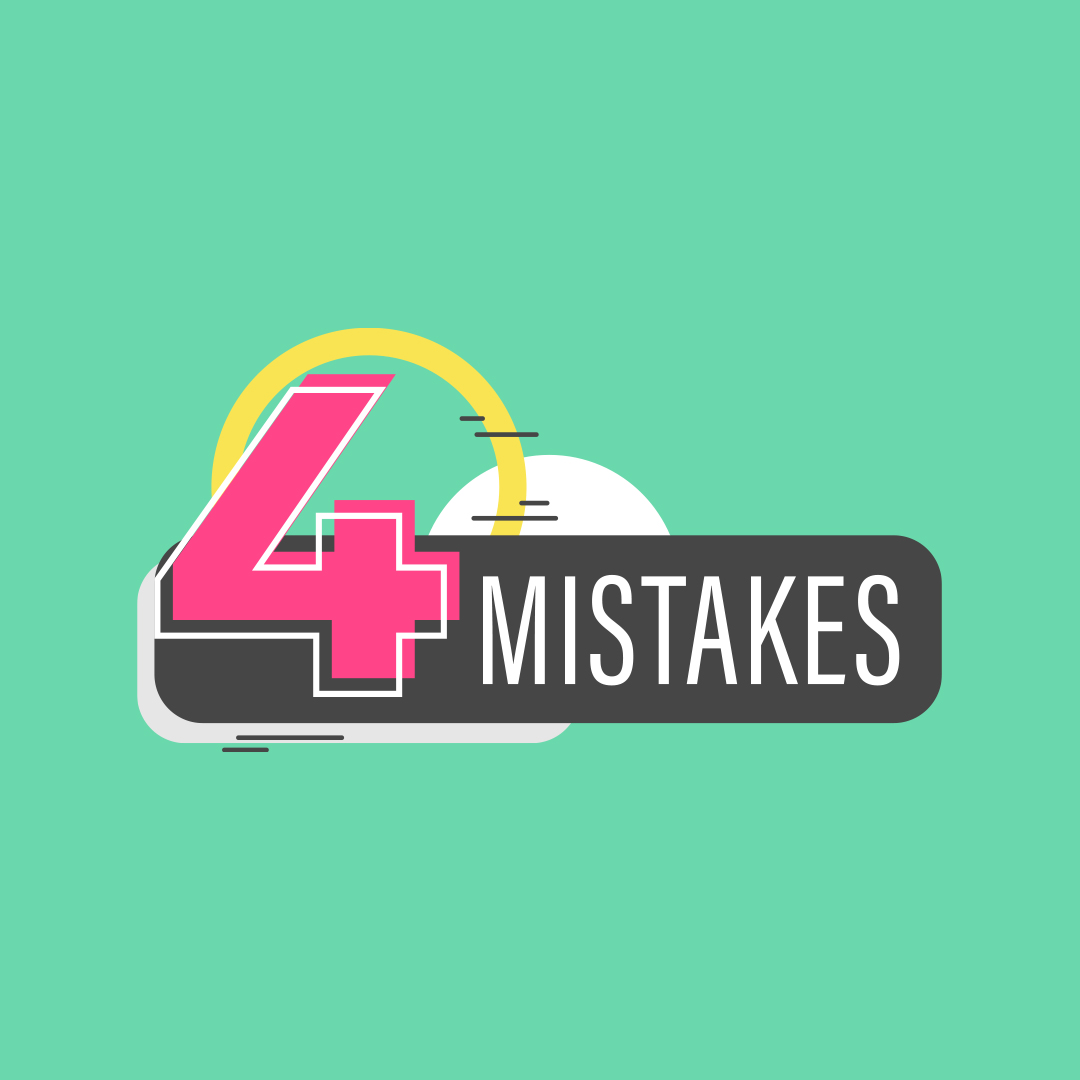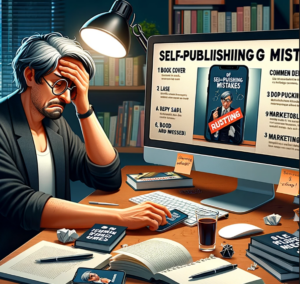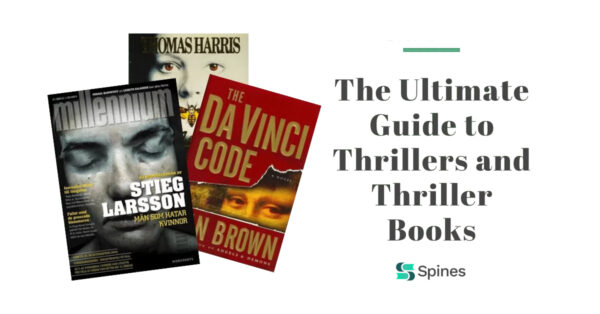The process of self-publishing has changed drastically over the years with technology making it increasingly more accessible – but many self-published books are riddled with grammatical errors, have terrible book covers, or inappropriate marketing campaigns (not everything has to be a Tik Tok video). Don’t fret; even accomplished writers make these mistakes.
Here are 4 common self-publishing mistakes (as told by the experts) to be aware of if you plan on going the self-publishing route.
Mistake #1: Underestimating the cost of self-publishing
Without the vast resources in traditional publishing houses, every penny needed to edit, format, print, market, and distribute your book comes out of your pocket. These costs add up fast. To put it into perspective, the average price to self-publish ranges anywhere from $2,000 to $15,000.
For better budgetary planning, let’s break down your expenses:
Editors: A freelance editor with junior-level experience may run anywhere from $1,000 to $3,000, while more established editors may charge up to $10,000.
Cover Designers: A graphic designer can cost $50 to $100 per hour. But, if you want someone with book designing experience, it may cost up to $500 to $1000.
Marketing Team: A professional marketing team can cost $1000 to $5000 (their time + ad costs). If you choose to market the book yourself, you can spend $100 to $1000 or more on social media ads.
Miscellaneous Production Expenses: Extra production costs like formatting (think Kindle vs. paperback) can add an extra $200 to $500 to your expenses.
Adds up quickly, doesn’t it? A realistic approach can save you serious money when all is said and done.
Mistake #2: Choosing the wrong self-publishing platform
Depending on your needs, some self-publishing platforms might be better suited for your book than others. Some are better for print, while others are known for eBooks. Some platforms are genre-specific, which can help your book reach your target reader. You might consider those that offer hybrid services such as in-house formatting, cover design, and more.
Consider the following while doing your research:
- Sales Goals: Which distribution partners do they work with, do they match your writing style, how do they support your book?
- Final Format: If you want more than one format, such as paperback and Kindle, make sure they can handle this.
- Budget: What are you getting for your money, and can you afford them?
- Additional Services or Support: The availability of extra services or support should you need them.
Mistake #3: Hiring amateurs to handle self-publishing services
It’s always worth the investment to have professionals handle your book’s design, editing, and proofreading. First-time authors in particular may have a hard time figuring out if they’re working with an amateur or a professional, and they may be tempted to go with whatever is most affordable. For this reason, it may be beneficial to look into a complete publishing package from self-publishing platforms who have already vetted the quality of the experts they’ve chosen to work with. Not only do they have a large pool of professional editors and designers, but they also have the experience to guide you through the process.
Publishing services with access to AI technology can provide valuable insight into the Amazon bestseller list and even market trends that support a book’s success. Publishing services could also provide further insights, like knowing the best book covers have a heavy contrast between text and the background, or how to craft the perfect title to land your book on the top 100 list.
Take advantage of service companies and their expertise – instead of going it alone and finding out that you are disappointed with the result.
Mistake #4: Undercutting your value with low royalties
Don’t sell yourself short over the excitement of an offer and accept a low royalty-free. With traditional publishing houses at the lowest, giving writers as low as 5-15% in royalties, it isn’t uncommon for authors to settle for less than they should when going the self-publishing route. While some may give you up to 50% profit, Spines will offer up to 70% royalties; one of the highest royalty shares on the market.
self-publishing mistakes – Conclusion
The secret to becoming a successful self-published author is taking advantage of the resources available to you. Though a traditional publishing house has the resources to cover the cost of publishing your book, they take a much higher percentage of your royalties and your freedom to make the final product what you want it to be – not to mention, you’ll need to be chosen first, which can take years.
You became an author because you want your story shared with the world. Only you can weigh the pros and cons between the time the overall publishing process may take, the upfront price you may have to pay, and the freedom of having complete creative control over your work.









